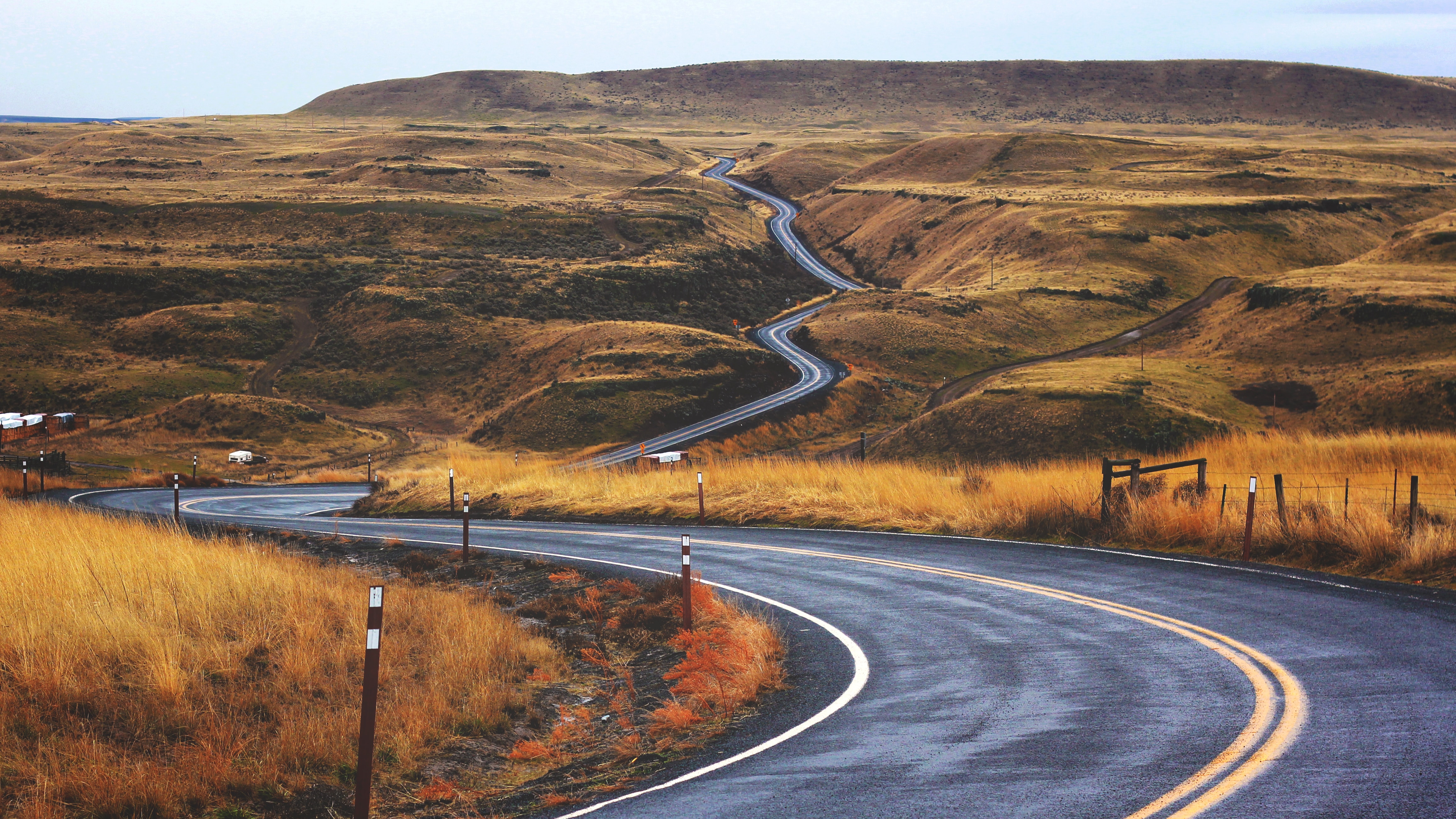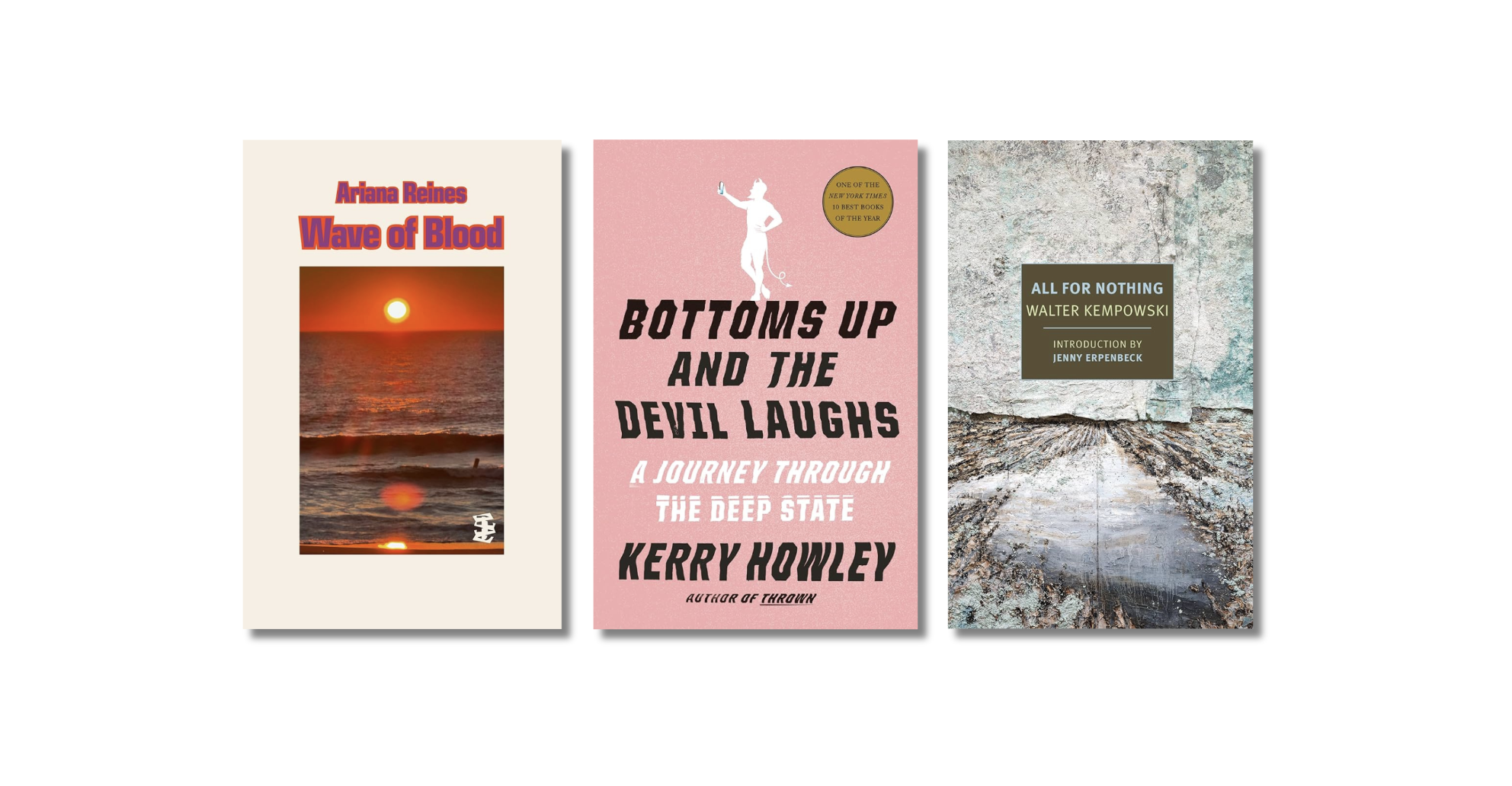In 1999, I got the phone call every writer dreams of when my agent rang to tell me that William Morrow had made an offer on my first novel, In Open Spaces. The advance was very modest, but I didn’t care. I had been trying to get published for almost 10 years and hadn’t even managed to place a short story yet. Like many writers, I’d had my share of close calls, the most significant one being when I’d had an internship at the Atlantic Monthly and the fiction editor there, C. Michael Curtis, read the first few chapters of In Open Spaces and liked it enough to offer to help me find a publisher. The fact that someone of his stature couldn’t find someone to publish the book was one of many indicators of how challenging the publishing world can be. But eventually, I met the right person and my book found a home.
I’ve met enough writers in the 20 years hence to know that my story is not all that unusual, although I would challenge anyone to match my record of seven different editors for a first novel. About the time the novel was supposed to come out, Morrow was swallowed up by HarperCollins. My editor was laid off, and I was left in limbo for three and a half years, passed from one editor to another—one of whom called to tell me how much she loved memoirs—wondering whether it would ever see the light of day.
But it did, and it actually made a small splash, receiving a starred review from Publishers Weekly, and several other goods reviews, including one in The New York Times. After all those many years of wondering, the reception made me feel vindicated, to the point that I developed a bit of an attitude. I often refer to this as my “Everything I Have to Say Is Absolutely Fascinating” phase. Harper paid for a book tour, and I was convinced this was going to be my life.
I had apparently learned nothing from the parade of editors that left the company while In Open Spaces hung in the balance. I sent my editor at Harper one of the other novels I had written, but he was less than enthused. It was a complete departure from the themes of In Open Spaces, which is historical fiction based on my homesteader grandparents in Eastern Montana. So he asked whether I had anything similar. I had just started working on a sequel, so I sent him the first few chapters.
 He was thrilled, and made me a pretty good offer ($20,000) for the book that would eventually become The Watershed Years. I was happy, but decided to push for a couple of things. The first book came out as a quality paperback, and like most writers, I had hoped for a hardcover, so I asked whether he thought that was possible. I also asked if they could raise the advance a bit.
He was thrilled, and made me a pretty good offer ($20,000) for the book that would eventually become The Watershed Years. I was happy, but decided to push for a couple of things. The first book came out as a quality paperback, and like most writers, I had hoped for a hardcover, so I asked whether he thought that was possible. I also asked if they could raise the advance a bit.
He told me that he thought he could get me those things once the book was finished, but that I would have to turn down this initial offer in the meantime. I talked it over with my agent, who recommended I take him up on it, so I turned down the offer. Of course that editor left the company before I finished the novel. They passed The Watershed Years along to an editor unfamiliar with my work, who turned it down.
I was naturally very disappointed, but I also just assumed that my track record for In Open Spaces would open doors to another publisher. What I didn’t realize is that once you’re dropped by a major publisher, it’s almost impossible to move up to that level again if you are not a Big Name. My first book had sold more than 10,000 copies, which was good for a first novel, but not enough to put me into the category of a sure thing.
So for the next 15 years, I had to scramble to find a publisher for each and every book I finished. I was fortunate enough to land some very good agents, including one at Writer’s House, and one at Brandt and Hochman. But none of them ever got me a book deal. One of the unusual things about my career is that I’ve now sold seven books and no agent ever found the publisher for any of them. It was always a friend—or it was me.
I ended up working with whoever would have me, in most cases regional publishers in Montana. And I have nothing negative to say about any of those people. For the most part, they were dedicated and attentive, much more so than anyone at Harper ever was. But the downside is that your books never get the kind of exposure and distribution that a major publisher provides. As much as I enjoyed working with these smaller houses, I would have gone back to Harper in a second, and I tried to get my foot back in their door many times.
Oddly enough, after one of my books started selling fairly well, the publisher that was distributing it asked if I could get in touch with Harper about obtaining the rights to In Open Spaces. I figured that would be easy since the book was only selling a few hundred copies a year. But to my surprise, Harper declined; the book was still doing well enough that they wanted to hang onto the rights.
 Meanwhile, my books continued to get great reviews. Two of them were finalists for the High Plains Book Award for fiction. But that made very little difference when it came to finding someone to publish my next book. So in desperation, I launched a Kickstarter campaign to self-publish two novels for which I hadn’t been able to find a publisher. That campaign raised a healthy amount, and during the process, a Facebook friend, Steven Gillis, founder of Dzanc Books, asked me to send him the novel that would eventually become Cold Country. I thought little of it because I was accustomed to getting my heart broken. But to my surprise, Michelle Dotter, the editor for Dzanc, contacted me with an offer to publish Cold Country.
Meanwhile, my books continued to get great reviews. Two of them were finalists for the High Plains Book Award for fiction. But that made very little difference when it came to finding someone to publish my next book. So in desperation, I launched a Kickstarter campaign to self-publish two novels for which I hadn’t been able to find a publisher. That campaign raised a healthy amount, and during the process, a Facebook friend, Steven Gillis, founder of Dzanc Books, asked me to send him the novel that would eventually become Cold Country. I thought little of it because I was accustomed to getting my heart broken. But to my surprise, Michelle Dotter, the editor for Dzanc, contacted me with an offer to publish Cold Country.
I have given a lot of thought to those 15 years, and what I learned from that huge mistake of turning down the offer from HarperCollins. I’ve wondered why I would have been so willing to subject myself to being treated like a commodity, as the major publishers tend to do, rather than working with people who value your work for what it is. And one thing became clear. It’s not the money, although that certainly helps. It’s more a matter of being taken seriously, of having your efforts validated. It’s about avoiding that feeling of meeting writers you admire and having them dismiss you because you’re an unknown author. I can’t even begin to count how many times I’ve experienced this, and it’s an awful feeling.
Eventually, as an artist, you have to listen to that small voice in your head—the one that reminds you about the starred review and the review in The New York Times. That you are still that same writer.
Michelle Dotter proved to be an amazing editor. She came up with a brilliant solution for a narrative problem that had plagued me for years on Cold Country. And just last week, the first review came in, from the notoriously tough journal, Kirkus Reviews. It was a very good review. And I am ecstatic. And it could mean nothing. This could be the only review I get. But it is the first national review I’ve had for any of my books since In Open Spaces, and that alone has meant the world to me.
I will always aspire to greater things. More exposure. Tours paid for by the publisher. All of that is seductive. But, in the end, I needed to figure out if I could live with being a regional, mid-list writer. Is it possible to be happy as someone who has a small, loyal following? As a matter of fact, yes it is.
Image credit: Unsplash/Jesse Bowser.










